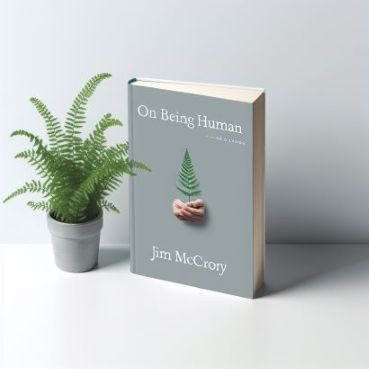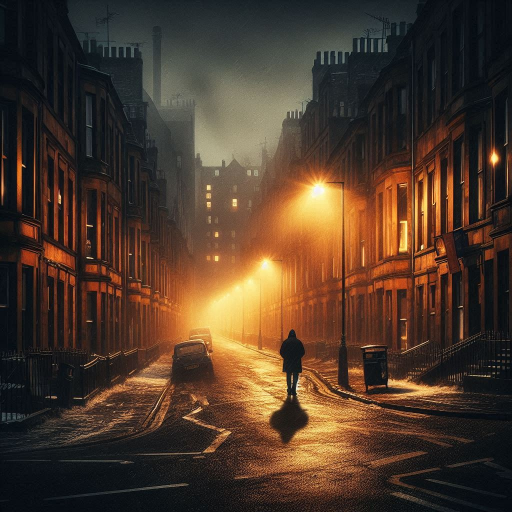
She is in the middle of something. My mother I mean.
The glasses—polished to within an inch of their lives—stand to attention along the table like terracotta warriors, waiting for their moment.
Bottles of every shape and promise crowd the sideboard: whisky for warmth, beer for cheer, the odd forgotten liqueur brought out only once a year. The kitchen floor smells sharply of San Izal disinfectant, that unmistakable scent of readiness, of endings properly dealt with.
“Go and get washed and changed,” she says without looking up.
"But it's only It’s nine o’clock."
“There’re clean clothes on the bed,” she continues as she ignores my protest.
She says it while preparing some snacks, hands moving with the calm authority of ritual. This night matters. It always did.
Unless you come from the Baby Boomer generation or earlier, Hogmanay like this may sound like something lifted from folklore—quaint, outdated, almost imagined. But for me, those nights left deep marks. They were loud and warm and communal, shaped by customs that didn’t need explaining because everyone already knew their part.
New Year’s Eve was never casual. It was a transformation; a bid deal on Scotland’s cultural Calendar. The house was redded from top to bottom—not just cleaned, but cleansed. Out with the old year’s dust and troubles, every corner scrubbed bright to make room for what was coming. It felt as though the walls themselves were being prepared to listen.
By evening, the table would groan with generosity: thick slices of shortbread, ginger wine that bit the back of your throat, beer with heads still settling, and the whisky—always the whisky—standing quietly, confident it would be called upon.
As midnight drew close, the air grew tight with anticipation. The White Heather Club on Scottish Television was turned down less we miss the hour. Then fireworks cracked open the sky, and the ships along the Clyde sounded their horns, deep and mournful and joyful all at once. It was as if the whole city took a breath together.
First-footing followed, the knock at the door heavy with possibility. A tall, dark-haired man was luck itself, stepping over the threshold with coal and shortbread, salt and black bun, whisky tucked under his arm. He brought warmth, food, flavour, and good fortune—and the year officially began.
The Then the church bells from The Govan Gaelic Church across from us on Copeland Road.. We sang Auld Lang Syne with joined hands and damp eyes, voices untrained but sincere, carrying hope forward because that was what the song demanded.
What I miss most is the not knowing. No phones. No messages. Just the knock. It could be uncles or neighbours, cousins or friends-of-friends. Each face revealed itself only when the door opened and the light fell on them. Occasionally, it was a lonely neighbour with some excuse to be at the door only to be ushered in with a joyful glee in her eyes. She wasn’t going to spend the evening alone. Bless her.
No one was left on their own in those days. The widow down the close, the quiet old bachelor next door—everyone belonged somewhere on Hogmanay. You were claimed by the night whether you planned for it or not.
Looking back now, it’s the simplicity that aches. The closeness. The way tradition stitched people together without asking their permission. In a world that feels increasingly distant and distracted, those Hogmanay nights stand like a small, glowing hearth in memory—proof that connection once came easily, and that the turning of the year was something we faced together.
No one should be lost and lonely at any time of the year. We can change that, can’t we? May all you readers have a Happy New Year.
Image by Copilot









